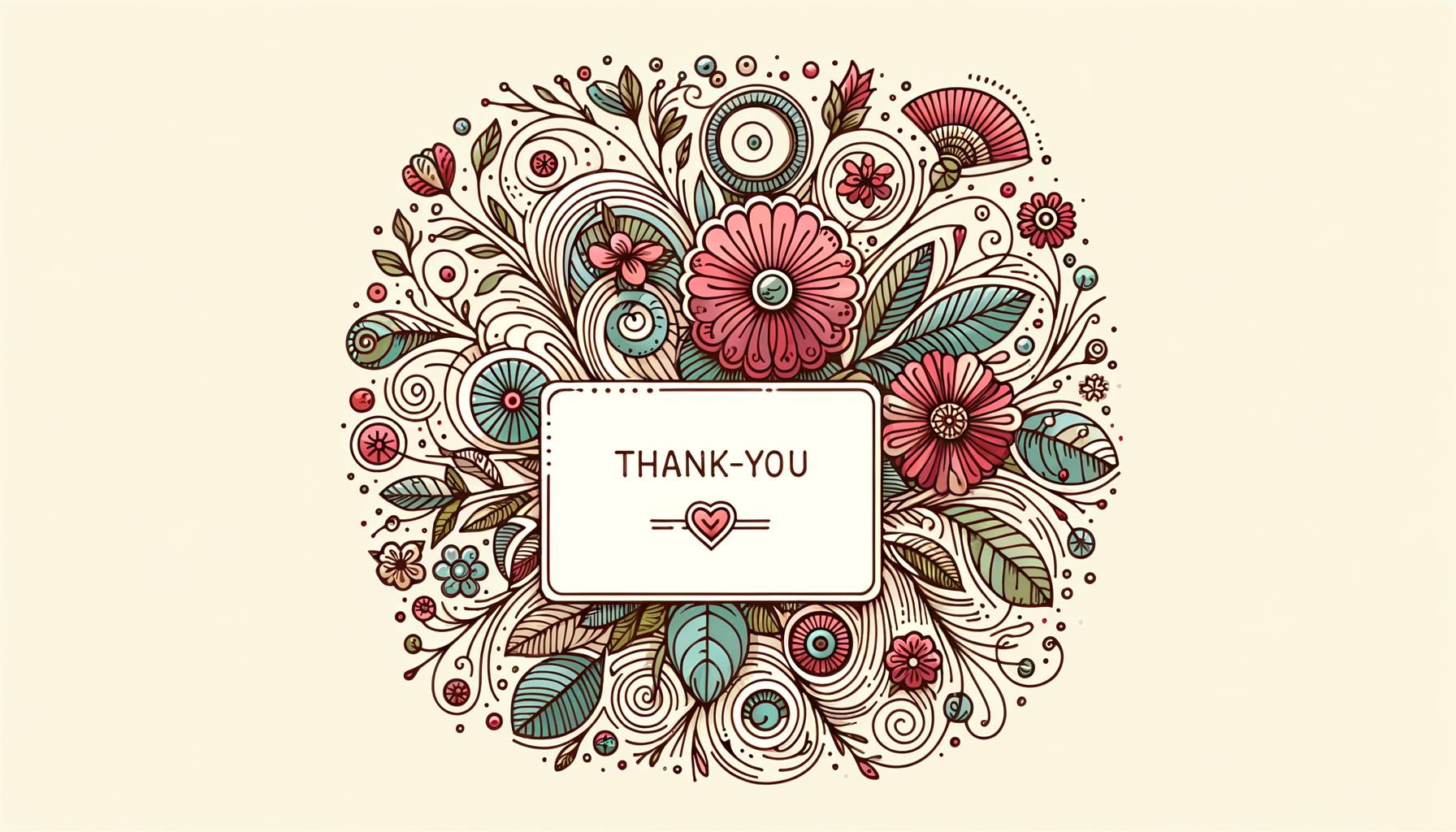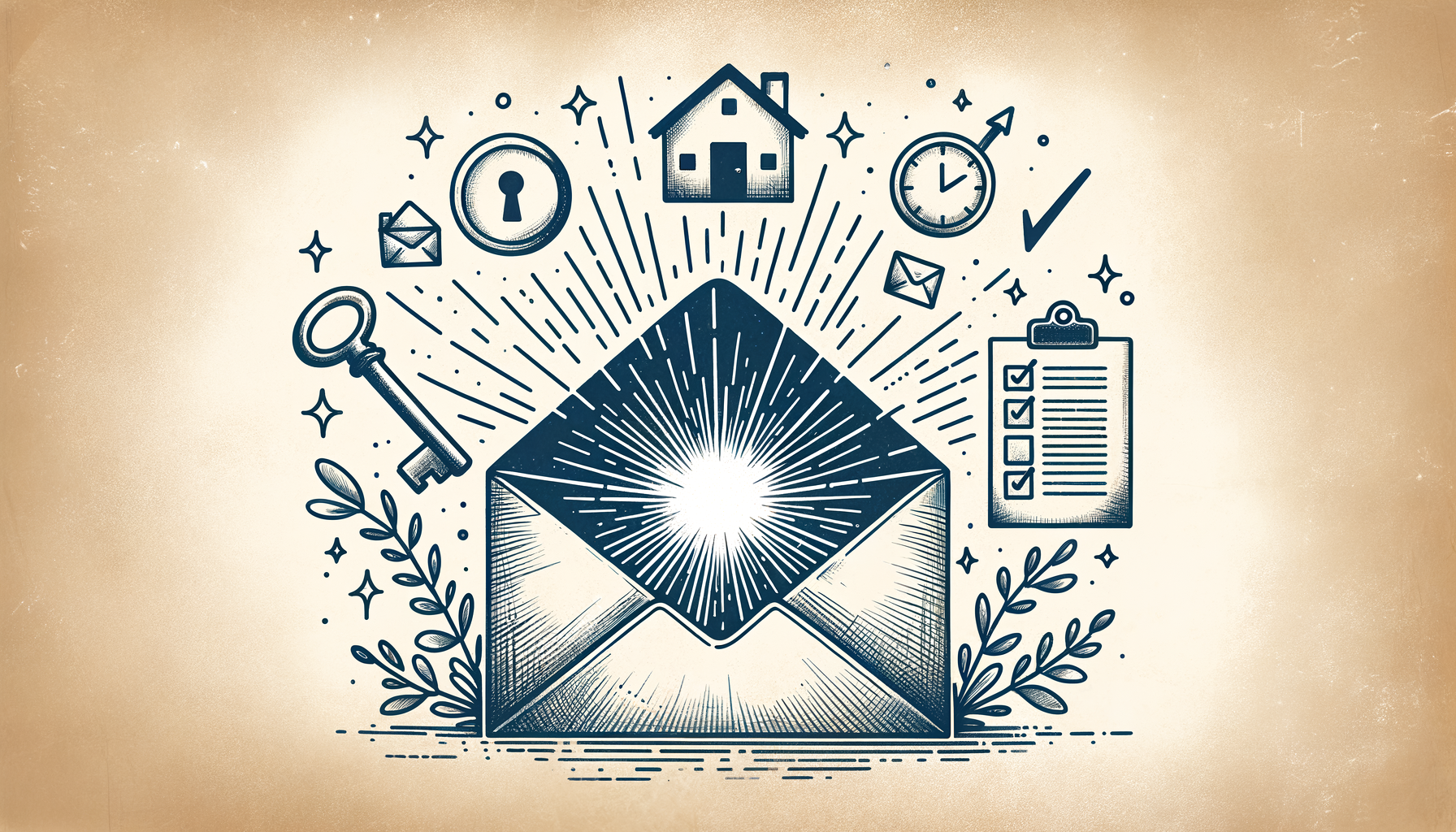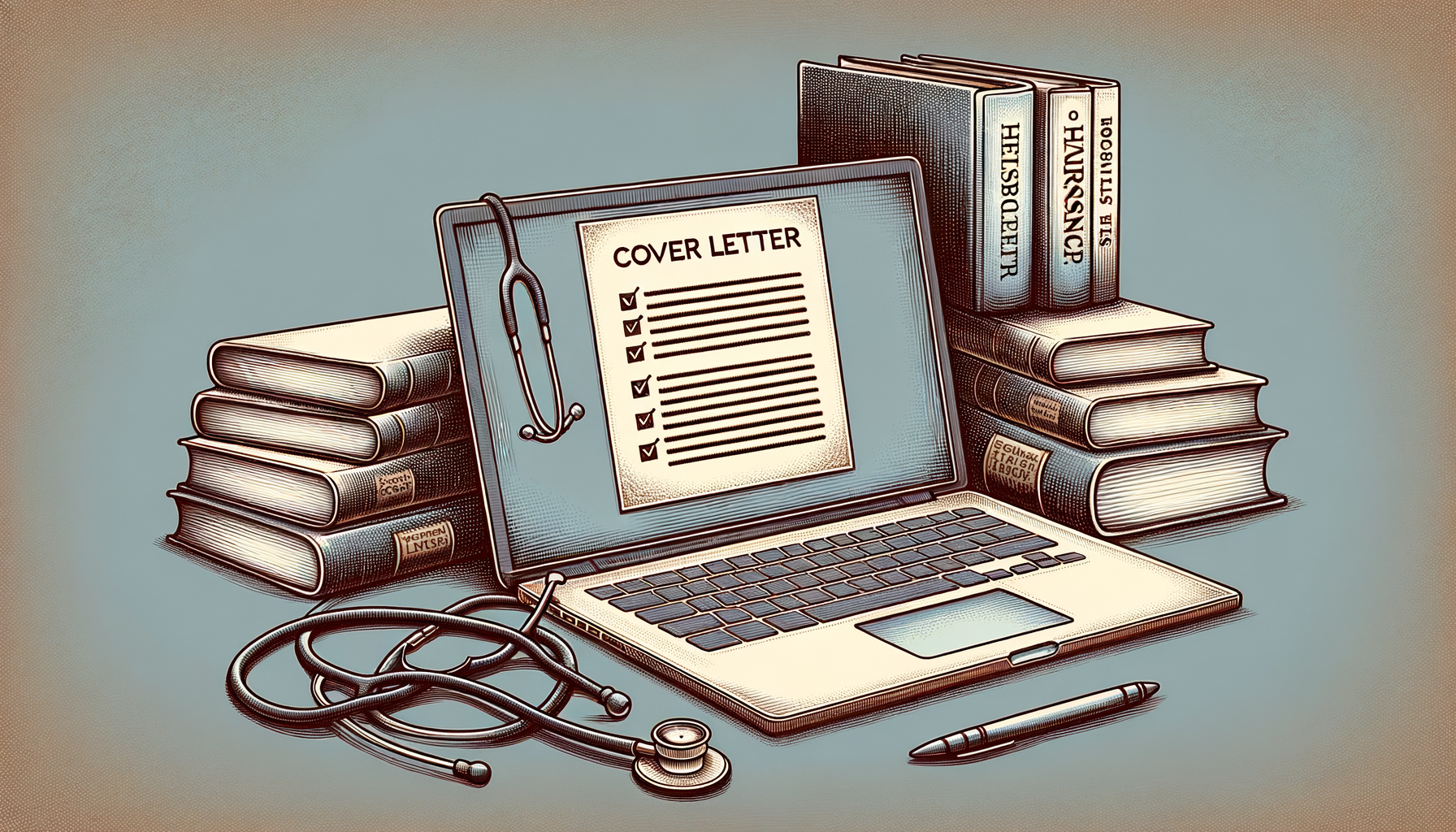Expressing gratitude is a powerful way to build and maintain professional relationships, especially for jobseekers navigating the competitive career landscape. Writing a thoughtful thank you message after receiving support—whether it’s from a mentor, recruiter, colleague, or hiring manager—can leave a lasting positive impression. This guide offers 50 examples and practical advice on how to craft sincere thank you notes that resonate and reinforce your professional network.
Understanding How to Write Thank You for Your Support
Before diving into specific examples, it’s important to clearly define what it means to write a thank you for support. This type of message is not just a polite gesture; it’s a strategic communication tool that can enhance your career prospects and relationships. The key is to be genuine, specific, and timely in your expression of gratitude.
When writing your thank you note, consider these essential angles:
- Identifying the type of support received (e.g., advice, referral, interview opportunity)
- Choosing the appropriate tone and formality based on your relationship
- Highlighting the impact of the support on your job search or career development
- Incorporating a call to action or next steps when appropriate
- Ensuring clarity and brevity while maintaining warmth and professionalism
50 Examples of How to Write Thank You for Your Support - Step by Step
Below are five key steps to help you write effective thank you messages, each accompanied by examples to inspire your own personalized notes. Following these steps will ensure your gratitude is communicated clearly and professionally.
Step 1: Start with a Warm Greeting and Express Immediate Thanks
Begin your message by addressing the recipient by name and stating your appreciation right away. This sets a positive tone and shows respect.
Example: "Dear Ms. Johnson, I want to sincerely thank you for taking the time to review my resume and provide valuable feedback."
Step 2: Specify the Support You Received
Clearly mention what kind of support you are thankful for, so the recipient knows their efforts were noticed and appreciated.
Example: "Your guidance during my interview preparation was incredibly helpful and boosted my confidence."
Step 3: Explain the Impact of Their Support
Share how their assistance has positively influenced your job search or career path. This personal touch makes your gratitude more meaningful.
Example: "Thanks to your referral, I was able to secure an interview with a company I admire."
Step 4: Offer to Stay Connected or Provide Updates
Encourage ongoing communication by inviting the recipient to stay in touch or promising to keep them informed about your progress.
Example: "I look forward to keeping you updated on my job search journey and hope to stay connected."
Step 5: Close with a Polite Sign-Off
End your message with a courteous closing that matches the tone of your note, such as "Best regards," or "Sincerely."
Example: "Thank you once again for your invaluable support. Best regards, John Smith."
What You Need to Remember
Writing a thank you note is more than just following steps; it’s about conveying genuine appreciation that strengthens your professional relationships. Here are some do’s and don’ts to keep in mind:
Do’s
- Do personalize each message to reflect the specific support and your relationship.
- Do send your thank you note promptly, ideally within 24-48 hours after receiving support.
- Do keep your message concise but heartfelt, avoiding overly formal or generic language.
- Do proofread your note to ensure it is free of errors and clearly communicates your gratitude.
- Do consider the medium—email is common, but handwritten notes can be impactful for certain situations.
Don’ts
- Don’t delay sending your thank you, as late messages can seem insincere or forgotten.
- Don’t use overly casual language that might undermine professionalism.
- Don’t make the note about asking for more favors; keep the focus on appreciation.
- Don’t copy and paste generic templates without tailoring them to your situation.
- Don’t forget to follow up if you promised updates or further communication.
Following these guidelines can increase your chances of building lasting connections that may open doors to new opportunities. Studies show that candidates who send personalized thank you notes after interviews or networking events are 20% more likely to be remembered positively by employers.
Frequently Asked Questions
- How soon should I send a thank you note after receiving support?
Ideally, send your thank you message within 24 to 48 hours to show prompt appreciation and keep the interaction fresh in the recipient’s mind. - Is it better to send a handwritten note or an email?
Email is generally acceptable and faster, especially in professional settings. However, a handwritten note can be more memorable for mentors or close contacts. - What if I don’t know the person well?
Keep your message polite, professional, and concise. Focus on the specific support they provided and avoid overly familiar language. - Can I include a request for further help in my thank you note?
It’s best to avoid making requests in your initial thank you. Express gratitude first, and if appropriate, follow up later with any additional questions or requests. - Should I customize thank you notes for different types of support? Absolutely.
Tailoring your message to the nature of the support and your relationship makes your gratitude more sincere and impactful.
Conclusion
Mastering the art of writing thank you notes for support is a valuable skill for any jobseeker. By following the step-by-step guide and remembering key do’s and don’ts, you can craft messages that not only express genuine gratitude but also strengthen your professional network. When you’re ready, start by selecting one of the examples provided and personalize it to reflect your unique experience. This simple act of appreciation can set you apart and pave the way for future career success.






